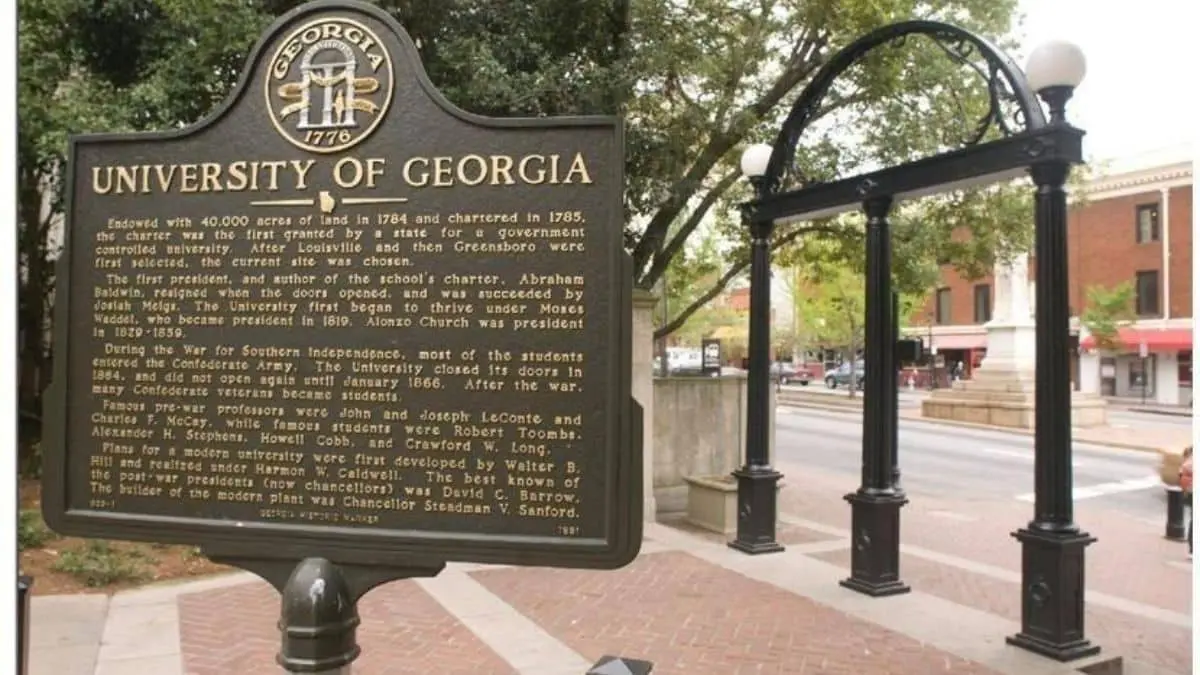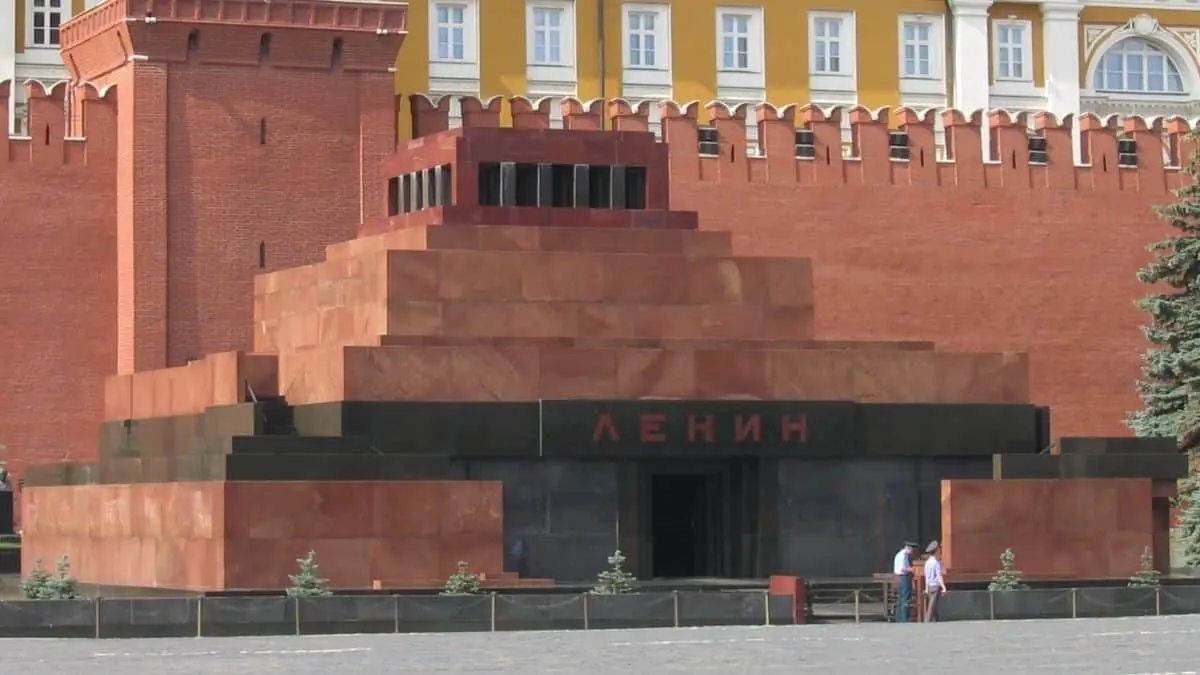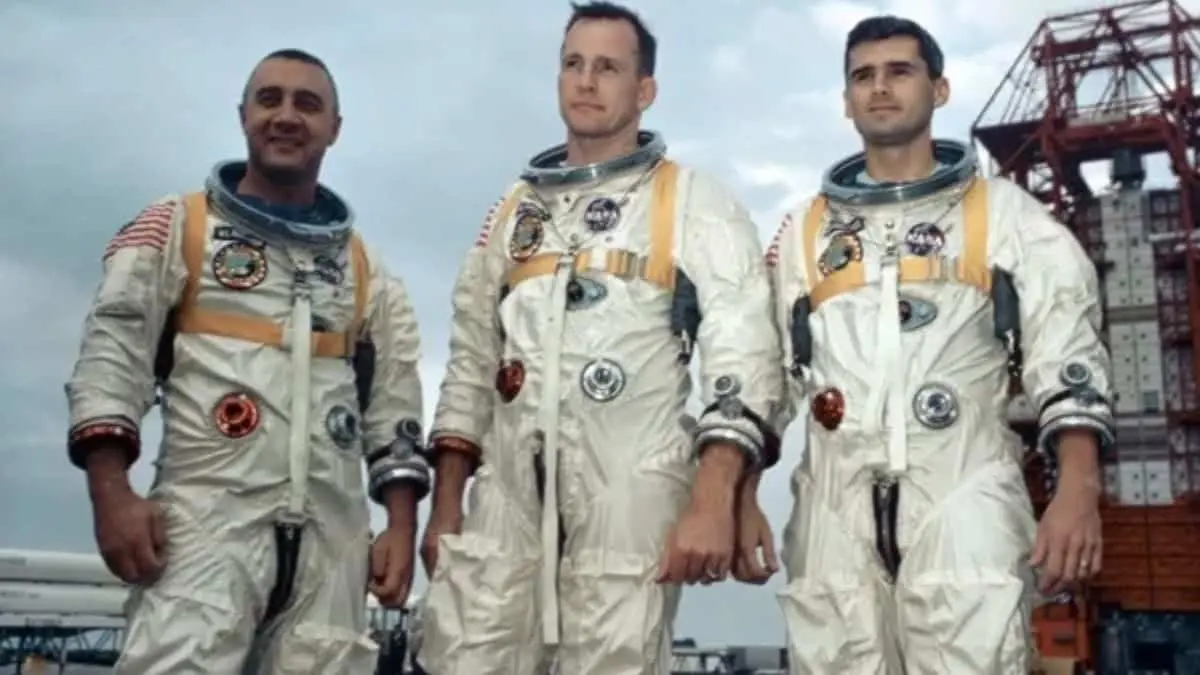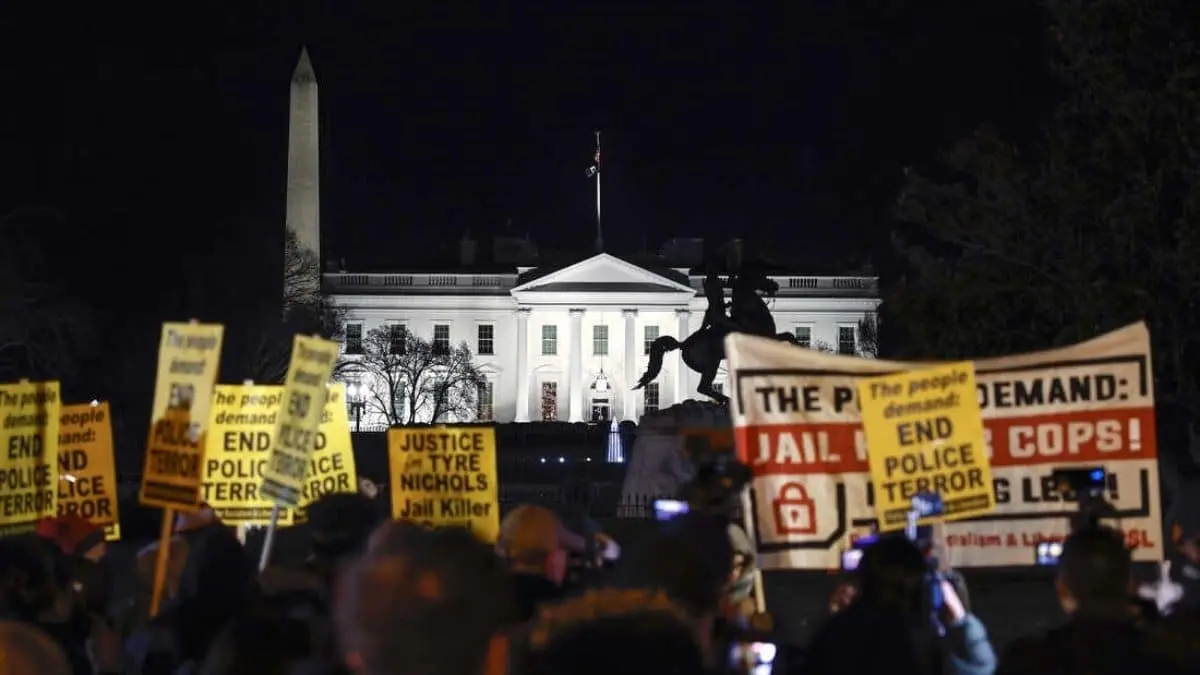January 27th holds a special significance in the annals of history, marked by a series of notable events that have shaped politics, culture, science, and society. From pivotal political agreements and declarations to groundbreaking scientific discoveries and influential cultural milestones, this day encapsulates moments of profound change and enduring impact. Explore the list of major historical events on January 27, emphasizing the day’s role in shaping the world we know today.
Major Historical Events on January 27 – Today in History
1785: University of Georgia Founded

The University of Georgia was established as the first public university in the United States, marking a milestone in American higher education and academic accessibility.
1820: Antarctic Continent Discovered
A Russian expedition led by Fabian Gottlieb von Bellingshausen and Mikhail Petrovich Lazarev made the first sighting of the Antarctic continent, a significant moment in the history of exploration.
1825: Indian Territory Approved
The U.S. Congress approved the creation of Indian Territory in present-day Oklahoma, setting the stage for the forced relocation of Eastern Indians in the tragic “Trail of Tears.”
1869: Ezo Republic Established
During the Boshin War, Tokugawa rebels established the Ezo Republic in Hokkaido, a significant event in Japanese history, reflecting the country’s political turmoil during this period.
1916: UK Conscription Act Passed
The British government passed the Military Service Act, introducing conscription in the United Kingdom, a response to the increasing demands of World War I.
1918: Finnish Civil War Begins
The Finnish Civil War began, a conflict rooted in political and social divisions, significantly impacting Finland’s history and development.
1924: Lenin’s Mausoleum Erected

Lenin’s body was placed in a specially constructed mausoleum shortly after his death, a move that symbolized his enduring influence in Soviet Russia.
1928: Bundaberg Tragedy
The Bundaberg tragedy occurred when a diphtheria vaccine contaminated with Staphylococcus aureus led to the deaths of twelve children, highlighting the importance of medical safety and vaccine production standards.
1939: Lockheed P-38’s First Flight
The Lockheed P-38 Lightning, a significant American fighter aircraft, made its first flight, marking a major advancement in aviation technology during World War II.
1943: First US Bombing of Germany
The Eighth Air Force launched its first American bombing attack on Germany, targeting U-boat construction yards in Wilhelmshaven, a key offensive in World War II.
1951: Operation Ranger Nuclear Testing
Nuclear testing commenced at the Nevada Test Site with Operation Ranger, signifying a critical phase in the development of the United States’ nuclear arsenal.
1965: South Vietnamese PM Removed
South Vietnamese Prime Minister Trần Văn Hương was ousted by the military junta of Nguyễn Khánh, indicating the volatile political situation in Vietnam during the war.
1967: Apollo 1 Tragedy

A tragic fire during a test of the Apollo 1 spacecraft at the Kennedy Space Center claimed the lives of astronauts Gus Grissom, Ed White, and Roger Chaffee, a pivotal moment in the Apollo program.
1967: Outer Space Treaty Signed
The Outer Space Treaty was signed by the Soviet Union, United States, and United Kingdom, banning nuclear weapons in space and promoting peaceful space exploration, reflecting Cold War diplomacy.
1973: Paris Peace Accords Signed
The Paris Peace Accords officially ended the Vietnam War, with Colonel William Nolde becoming the conflict’s last recorded American combat casualty, symbolizing the war’s end.
1980: Canadian Caper Success
Six American diplomats successfully escaped hostilities in Iran with the help of the Canadian government, an event known as the Canadian Caper, showcasing international cooperation and diplomacy.
1983: Seikan Tunnel Breakthrough
The Seikan Tunnel, connecting the Japanese islands of Honshū and Hokkaidō, achieved a breakthrough in its construction, becoming the world’s longest sub-aqueous tunnel, a remarkable feat in engineering.
1996: Niger Military Coup
Colonel Ibrahim Baré Maïnassara led a military coup in Niger, overthrowing the first democratically elected president, Mahamane Ousmane, a significant event in the nation’s political history.
1996: Holocaust Remembrance Day

Germany observed the first International Holocaust Remembrance Day, commemorating the victims of the Holocaust and emphasizing the importance of remembering this tragic period in history.
2002: Lagos Explosion Disaster
A catastrophic explosion at a military storage facility in Lagos, Nigeria, resulted in the death of over 1,100 people and displacement of more than 20,000, highlighting issues of safety and security.
2003: National Recording Registry
The Library of Congress announced the first selections for the National Recording Registry, an initiative to preserve important sound recordings that reflect America’s cultural, artistic, and historical heritage.
2010: Honduran Crisis Resolution
The 2009 Honduran constitutional crisis concluded with Porfirio Lobo Sosa becoming the new President, marking a turning point in the nation’s political landscape.
2010: Apple Announces iPad
Apple announced the iPad, a groundbreaking device that would revolutionize the technology industry and personal computing, becoming a cultural icon.
2011: Yemeni Revolution Begins
The Yemeni Revolution began with over 16,000 protestors in Sana’a, a significant event in the Arab Spring, highlighting the region’s demand for political change and social reform.
2011: Hottest White Dwarf Documented

The white dwarf H1504+65, located within Ursa Minor, was documented with the hottest known surface temperature in the universe at 200,000 K, a notable discovery in astronomy.
2013: Santa Maria Nightclub Fire
A tragic nightclub fire in Santa Maria, Brazil, resulted in the deaths of 242 people, one of the deadliest fires in Brazilian history, underscoring issues in public safety and emergency response.
2014: Rojava Declares Autonomy
The Kobanî Canton in the Rojava conflict declared its autonomy from the Syrian Arab Republic, a key moment in the region’s ongoing conflict and struggle for self-governance.
2017: Tennessine Naming Ceremony
The chemical element tennessine was officially named in a ceremony in the United States, marking a significant addition to the periodic table of elements.
2023: Tyre Nichols Case Protests

Protests and public outrage erupted across the U.S. following the release of videos showing Memphis Police Department officers’ violent treatment of Tyre Nichols, leading to his death and sparking nationwide discussions on police conduct and accountability.
Also Read: Major Historical Events on January 25 – Today in History




